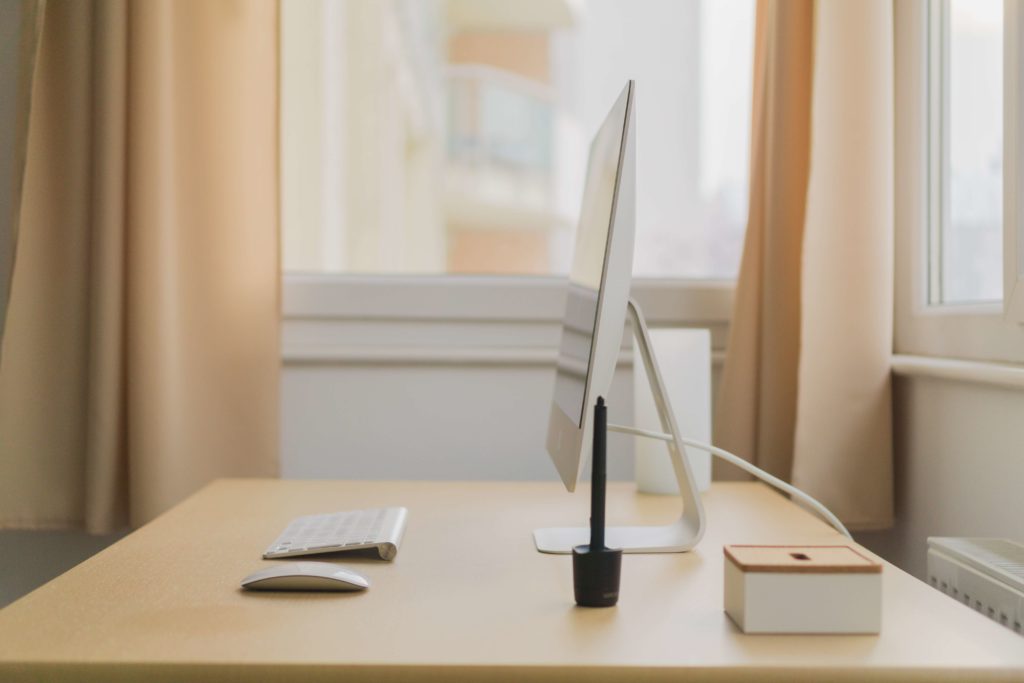Most employers prefer their employees to keep their desks neat and tidy, and not just for health and safety reasons. The old saying “tidy desk, tidy mind” is frequently trotted out to keep clutter-bugs under control, and while there’s some truth to that saying a recent study may have given those of us with less organized “filing systems” some ammunition to use next time they’re told to tidy up.
Clutter Encourages Creativity
According to research conducted at the University of Minnesota, having an untidy desk helps the mind to “break free of convention”, and makes you more creative. The researchers say that this could explain why many successful and creative people, including Einstein, were happiest when surrounded by clutter.
The researchers conducted their tests by taking participants into one of two different offices. The offices were identical (having the same view, same furnishings, and same amount of ambient light), but one office was tidy, while the other had paperwork and computer equipment scattered around it.
Participants were asked to complete a questionnaire, then asked whether they wanted an apple or a piece of chocolate. Next, they were given the chance to donate some money to charity, and then asked to complete some a task involving coming up with ten uses for a tennis ball.
The group that was taken into the clutter room came up with more creative and unusual ideas than the group that was taken into the tidy room. Both groups were able to come up with ten ideas, but the researchers felt that the ideas from the cluttered office were more unusual and showed better creativity. However, the people who conducted the study in the tidy room were more likely to choose to donate money to charity, and tended to choose to snack on the apple instead of the chocolate bar.

Your Environment Matters
It’s interesting to note that this study didn’t ask users which environment they preferred, nor did it look at spaces that the participants had control over. This study isn’t saying that “people who keep their offices tidy are less creative than people who make a mess”. Rather, it suggests that spending time in a cluttered space encourages you to be creative, while spending time in a tidy space makes you more generous and encourages health-conscious thoughts.
Professor Vohs from the University of Minnesota said that the research indicated that “whether you have control over the tidiness of the environment or not […] it can affect you”. This research is a double-edged sword for clutter lovers. You can claim that your environment makes you more creative, but your colleagues can complain that it is dragging them down. If a tidy environment makes for healthier workers, isn’t that enough incentive for you to clean up your desk?
It only takes a minute or two to put your papers away and store your tools and equipment in a sensible fashion. If it boosts the mood of your co-workers and makes them feel more charitable, maybe you should tidy your desk before asking for someone to cover your shift!

